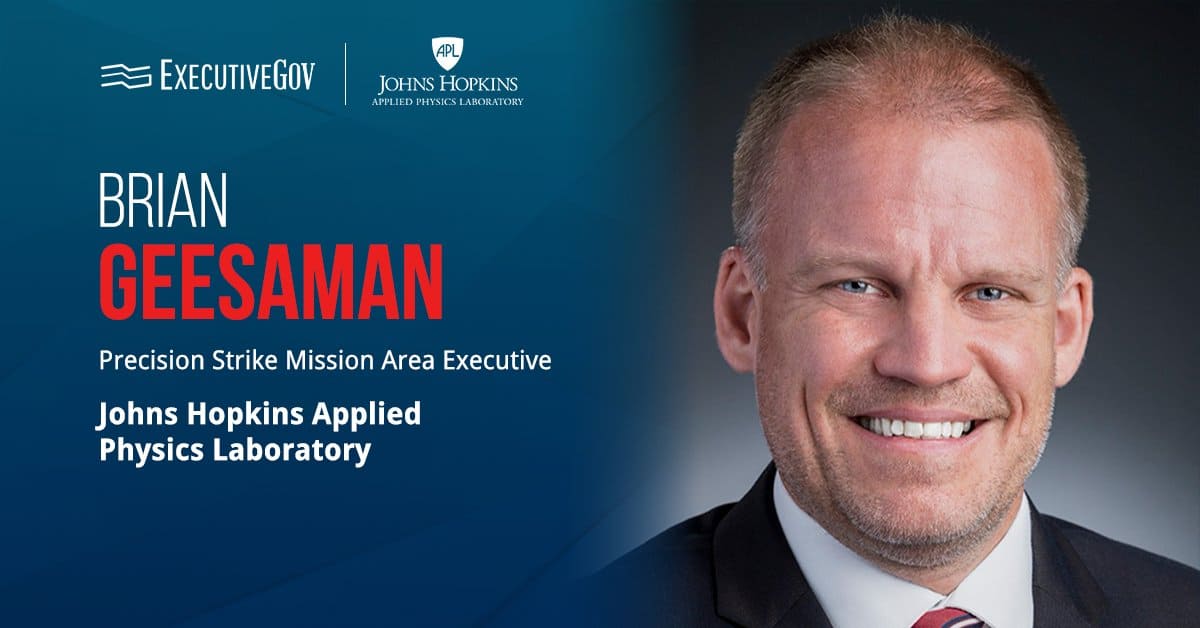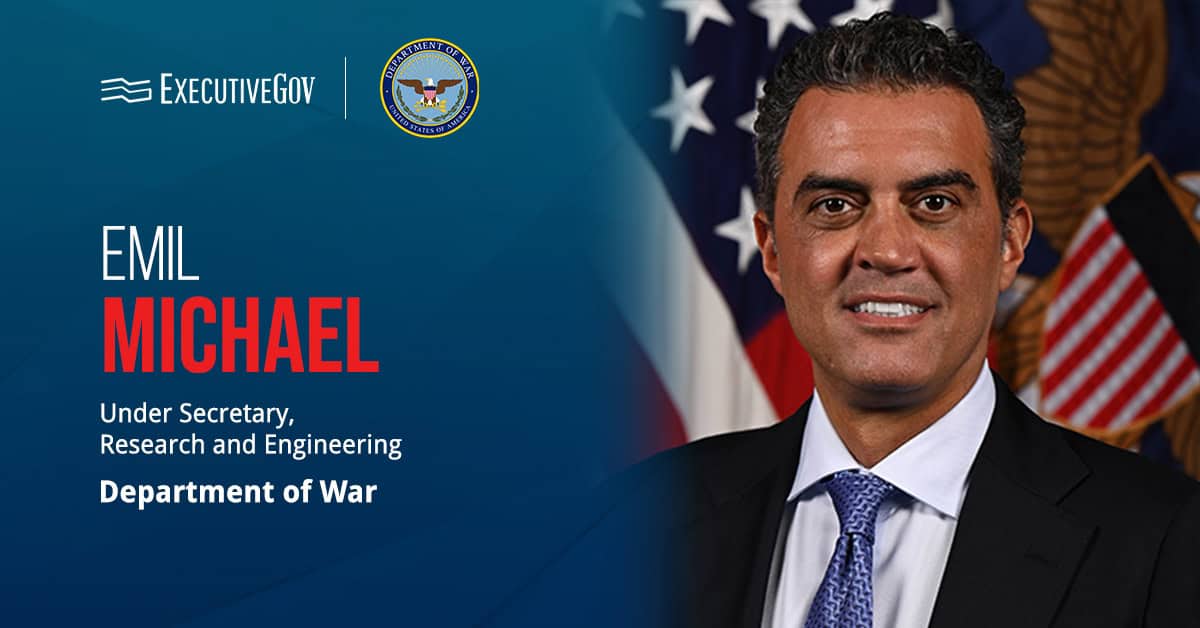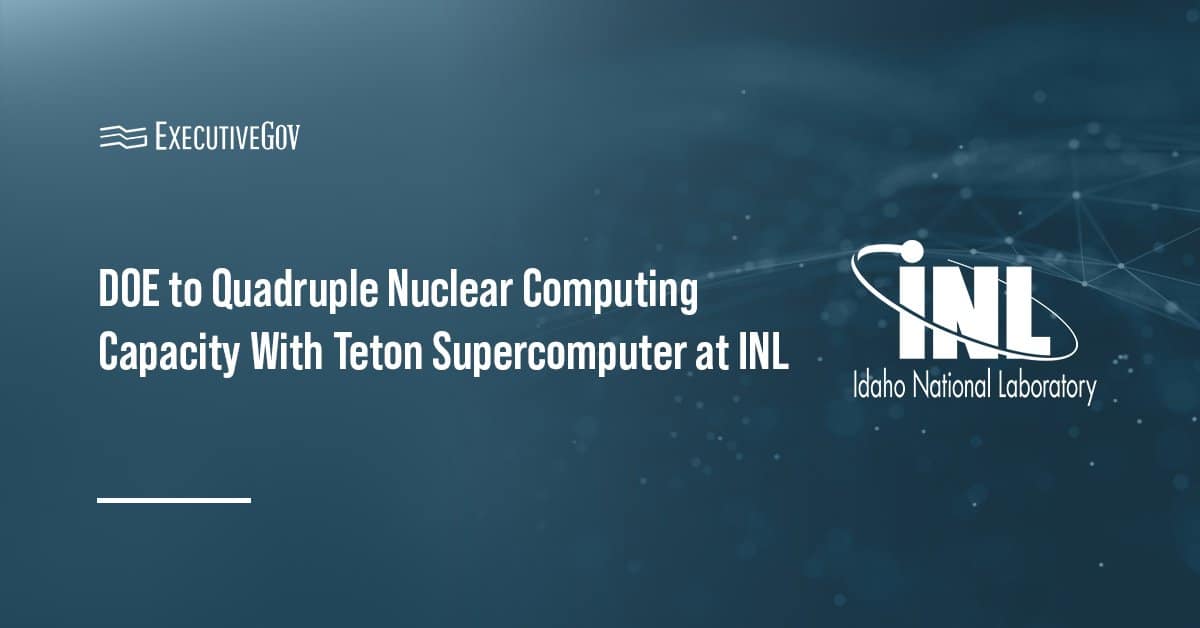NASA has picked five projects for an effort to study the changes exhibited by the Sun and space, as well as their effects on planet Earth. The space agency said Friday it will invest $1.25 million in each project for nine-month concept studies, and will eventually downselect a maximum of two proposals for full execution through the Heliophysics Explorers program.
"We constantly seek missions that use cutting edge technology and novel approaches to push the boundaries of science," said Thomas Zurbuchen, associate administrator at NASA's Science Mission Directorate.
These projects will also explore topics that support the security of satellite systems and astronauts.
Selected projects include HelioSwarm, a study to explore solar wind turbulence in the plasmas of space; and the Multi-slit Solar Explorer that would provide data on what causes eruptions, solar flares and other occurrences in the Sun's atmosphere.





